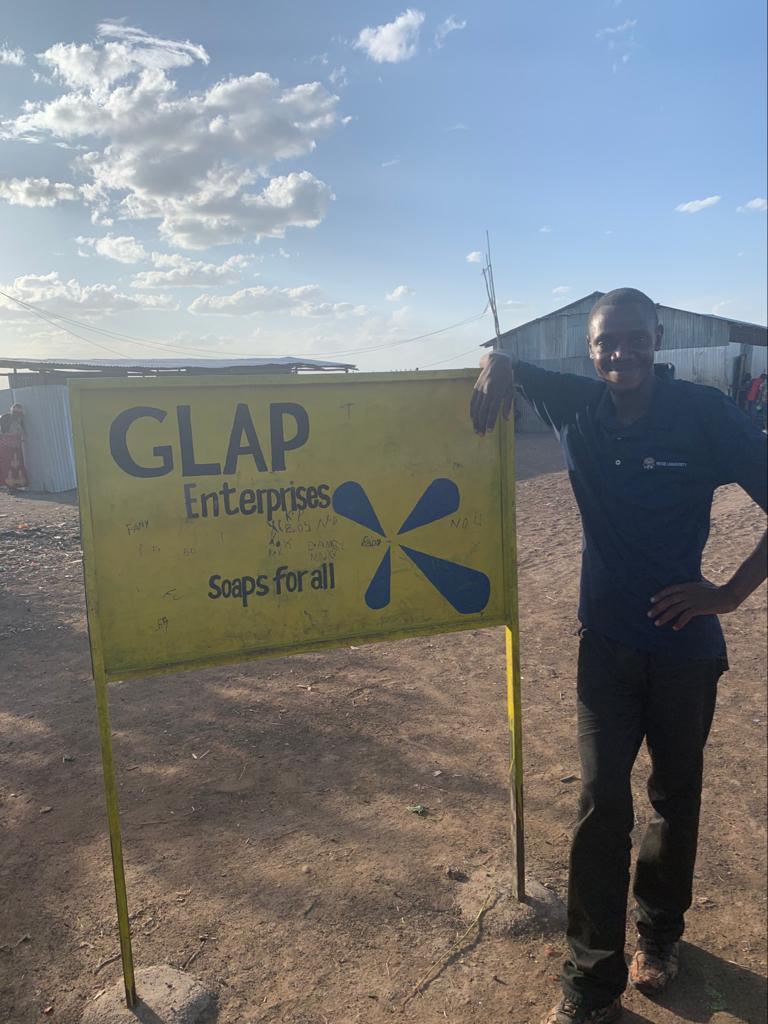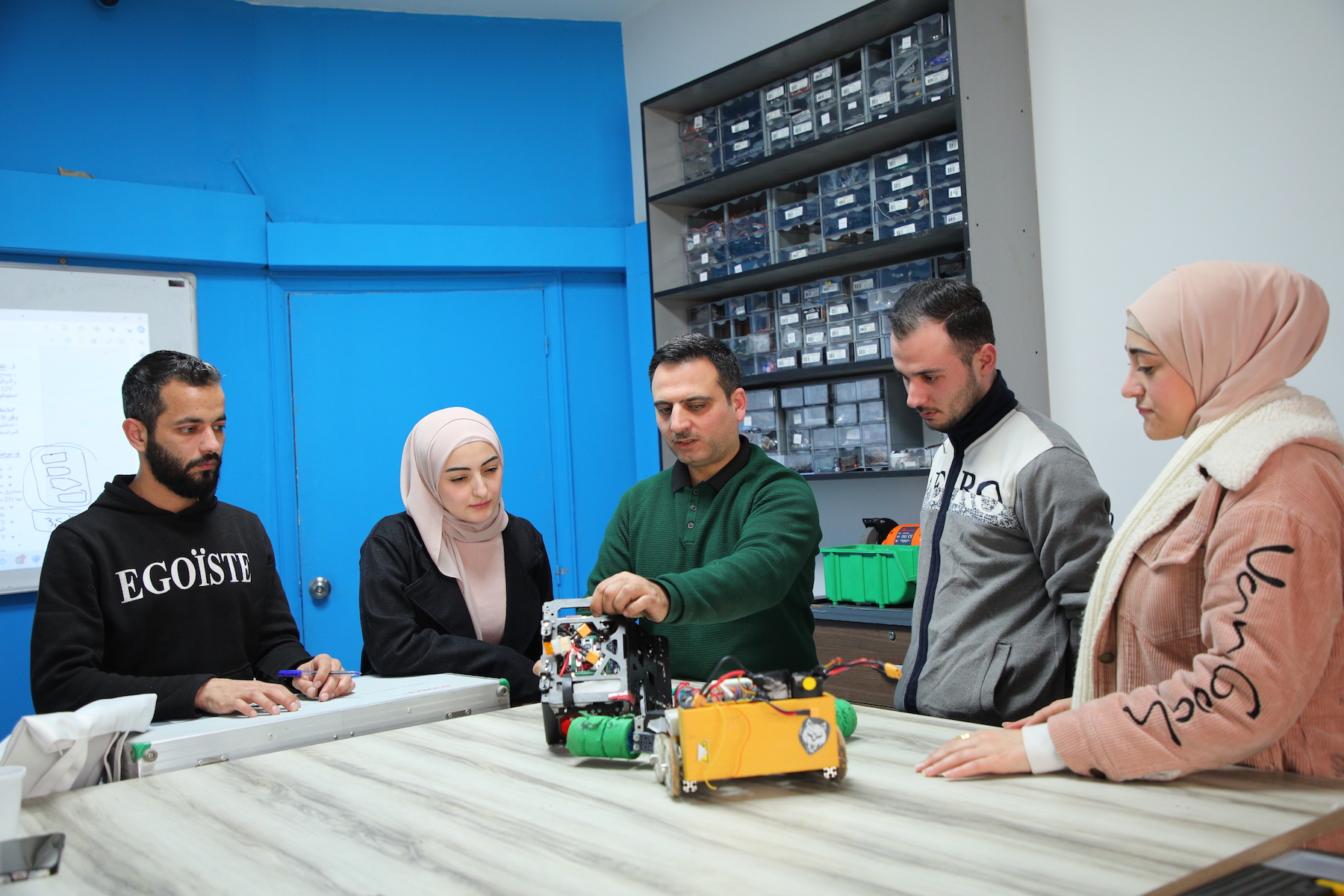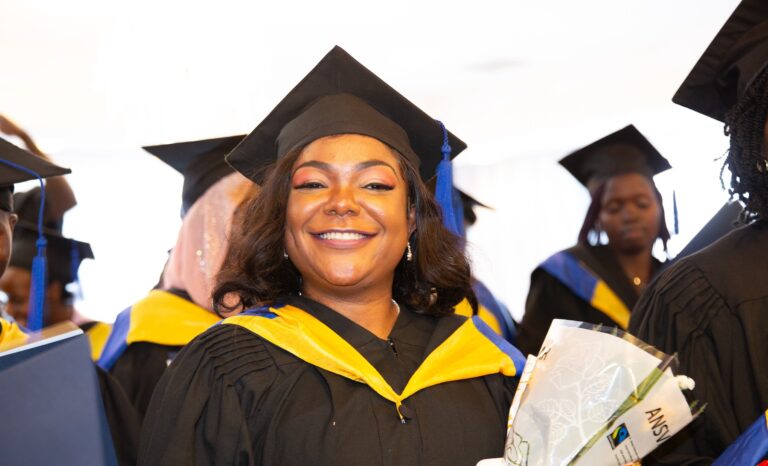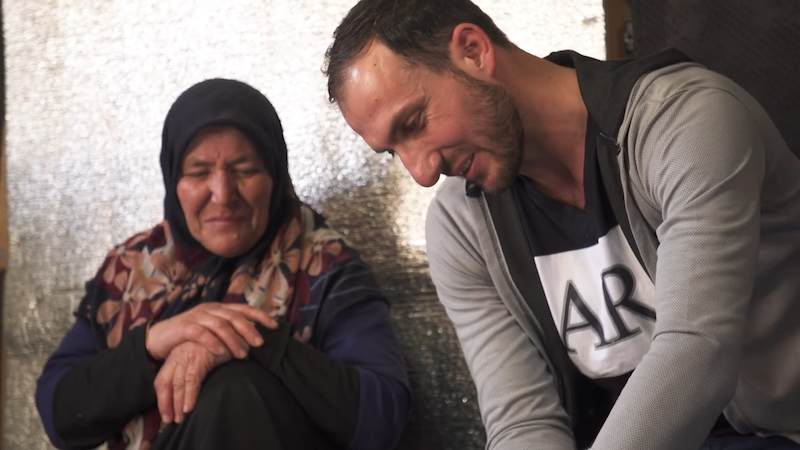During the pandemic, GEM students have used their SNHU education to support their communities.
This year, SNHU Global Education Movement (GEM) students have faced the dual challenge of pursuing their education during a pandemic while experiencing displacement from their homes. But our students’ have met these challenges with unmatched grit, problem solving, and creativity, aided by GEM’s model of competency-based education.
Outside of the classroom, we have also seen GEM students serve as leaders in their communities and use their education to support those around them. They’ve created and distributed masks. Developed public education campaigns. And helped their community members access basic essentials like food and shelter.
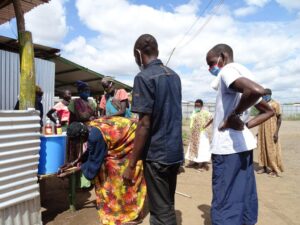
Earlier this month, one of our students in Kenya’s Kakuma refugee camp, Innocent Havyarimana, was recognized by the BBC for his extraordinary leadership in founding a soap making business. With seed money from the SNHU community and faculty, he expanded his business as the pandemic took hold.
“I had to increase my production by 75% to meet the demand when the pandemic started, so Covid-19 has been good for my business,” he said. “But I made sure I gave free soap to vulnerable people such as the elderly and the disabled.”
Like many of his fellow students, Innocent has been able to use his SNHU education to lift his community. His business currently employs 42 people and has provided 21 kinds of soap to thousands of Kakuma refugees.
“The business degree I’m earning through SNHU has changed my mindset and grown my company. I mentor others in my community and train them on how to produce soap as well,” he said. “Together, we can survive this pandemic.”
